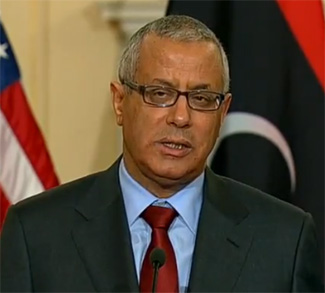Since the fall of the Mongol Empire in 1368, Mongolia, a small nation with a population of only 3.3 million, has struggled to maintain its independence against the looming influence of its two giant neighbors, China and Russia. Following the collapse of the Soviet Union and its transition to democracy, Ulaanbaatar has faced numerous challenges in crafting an independent foreign policy, often risking the wrath of Beijing or Moscow by resisting pressures from both countries. To balance this delicate relationship, Mongolia has implemented a “Third Neighbor” policy, which seeks to cultivate ties with Western nations, particularly the United States, as a counterbalance to the overwhelming influence of Russia and China. However, in enacting this policy, Ulaanbaatar remains careful not to push these relationships too far, always mindful of maintaining a delicate equilibrium that avoids provoking either of its powerful neighbors.
Mongolia’s “Third Neighbor”: Balancing between China, Russia, and the U.S.




